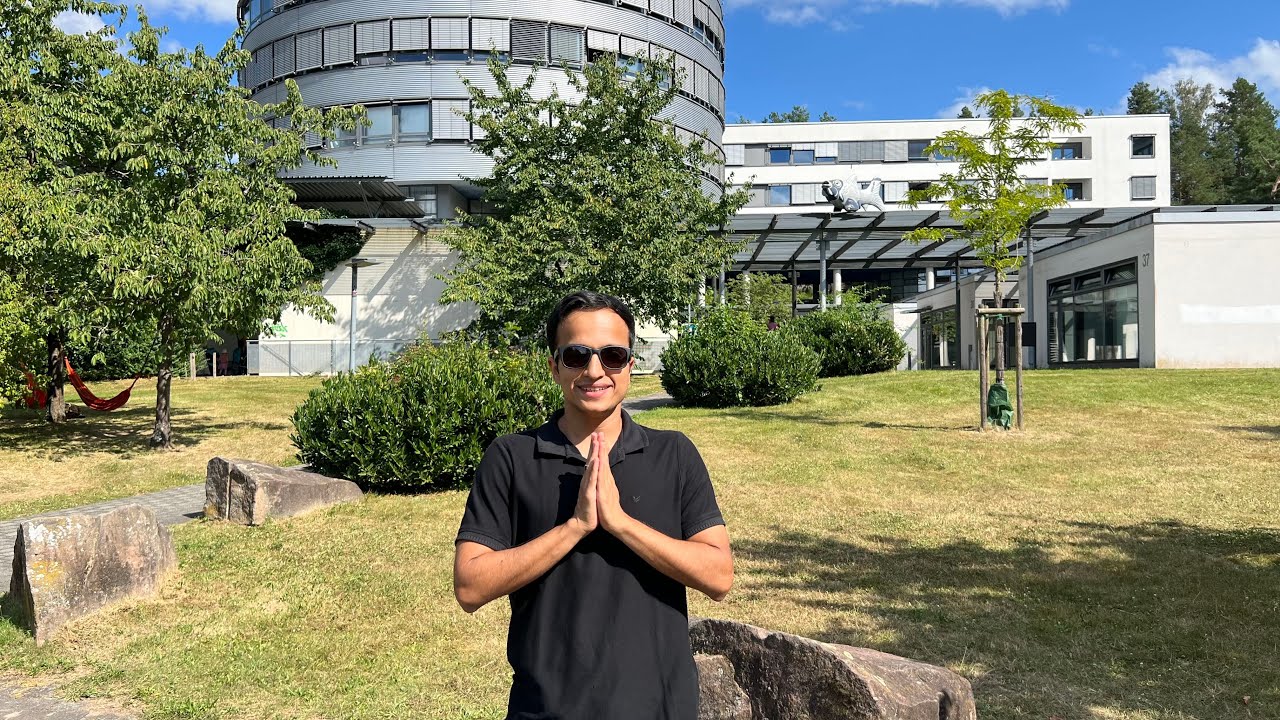Students protests use of Afrikaans as a teaching language in South Africa
Summary
TLDRAt the University of Pretoria, debates are escalating over the future of Afrikaans as a medium of instruction, with various student groups taking a stand. While some advocate for the protection of Afrikaans-speaking students, arguing for the right to study in their own language, others, such as the Economic Freedom Fighters, push for the removal of Afrikaans, calling it a legacy of apartheid. Amid protests, students from different backgrounds have come together to pray for unity, reconciliation, and a future where South Africa's diversity is embraced, following the example of Nelson Mandela's vision of unity.
Takeaways
- 😀 The University of Pretoria is considering whether to continue offering Afrikaans as a medium of instruction or to switch to English only.
- 😀 The Far Right National Party is advocating for the protection of Afrikaans-speaking students and their right to be taught in their own language.
- 😀 Some students argue that minority language rights, such as those of Afrikaans speakers, must be protected in South Africa, as all groups deserve the right to education in their own language.
- 😀 The discussion highlights tension between preserving Afrikaans language rights and the desire to remove Afrikaans in favor of English as the sole language of instruction.
- 😀 Economic Freedom Fighters (EFF) student leaders argue that Afrikaans should be eliminated as a medium of instruction at the University of Pretoria, stating it is a remnant of apartheid.
- 😀 The student activists behind the 'Afrikaans Must Fall' campaign advocate for the complete removal of Afrikaans from the university, seeing it as a divisive tool from the apartheid era.
- 😀 A meeting has taken place between university management and the language task team, but no final decision has been made on the language policy.
- 😀 Despite the ongoing protests, there is a counter movement of students (both black and white) calling for unity and reconciliation, advocating for peace rather than violence.
- 😀 Some students are promoting a message of love, hope, and reconciliation, emphasizing that the future of South Africa should be focused on unity and cooperation across racial and linguistic divides.
- 😀 The protests are seen by some as not just about language, but also about the broader issues of race and identity in post-apartheid South Africa, echoing the vision of unity promoted by Nelson Mandela.
Q & A
What is the main issue being discussed in the transcript?
-The main issue is the debate over whether the University of Pretoria should continue offering courses in Afrikaans, with some groups advocating for its removal in favor of English only, while others argue for the preservation of Afrikaans as a medium of instruction.
What is the stance of the Front National Party in this debate?
-The Front National Party supports the preservation of Afrikaans at the University of Pretoria and pledges to protect Afrikaans-speaking students, arguing that minority groups, including Afrikaans speakers, have the right to be taught in their own language.
What is the position of the Economic Freedom Fighters (EFF) Student Command?
-The EFF Student Command advocates for the removal of Afrikaans as a medium of instruction at the university, arguing that it is a relic of apartheid and should be replaced with English to reflect the country's democratic values.
What does the debate around Afrikaans and English reflect in South Africa?
-The debate reflects deeper societal issues related to language, identity, and the legacy of apartheid in South Africa, as well as the tension between maintaining cultural heritage and promoting inclusivity in education.
How do the students involved in the protests view the use of Afrikaans?
-Some students see the continued use of Afrikaans in education as a symbol of exclusion and apartheid, while others view it as an important part of their cultural and linguistic identity that should be preserved.
What is the role of the language task team in this situation?
-The university's language task team is responsible for discussing and making decisions regarding the language policy. However, no final decision has been made yet on whether Afrikaans will remain as a medium of instruction.
What is the significance of the student-led prayer for unity?
-The prayer symbolizes a call for unity, love, and reconciliation among students of different backgrounds. It aims to promote harmony in the midst of the ongoing language policy debate, transcending political, racial, and linguistic divides.
What message do the students who prayed together wish to convey?
-The students want to convey a message of hope, love, and reconciliation, encouraging South Africans to come together for a more unified future, regardless of language, race, or political goals.
How does the transcript suggest students are responding to the conflict?
-The transcript suggests that while there are protests and tensions over the language policy, there is also a significant movement toward unity, with students from different racial and political backgrounds coming together in prayer and solidarity.
What historical figure do the students reference in their call for unity?
-The students reference Nelson Mandela, symbolizing their hope for unity and reconciliation in South Africa, inspired by the example set by previous generations during the country's transition from apartheid.
Outlines

This section is available to paid users only. Please upgrade to access this part.
Upgrade NowMindmap

This section is available to paid users only. Please upgrade to access this part.
Upgrade NowKeywords

This section is available to paid users only. Please upgrade to access this part.
Upgrade NowHighlights

This section is available to paid users only. Please upgrade to access this part.
Upgrade NowTranscripts

This section is available to paid users only. Please upgrade to access this part.
Upgrade Now5.0 / 5 (0 votes)





